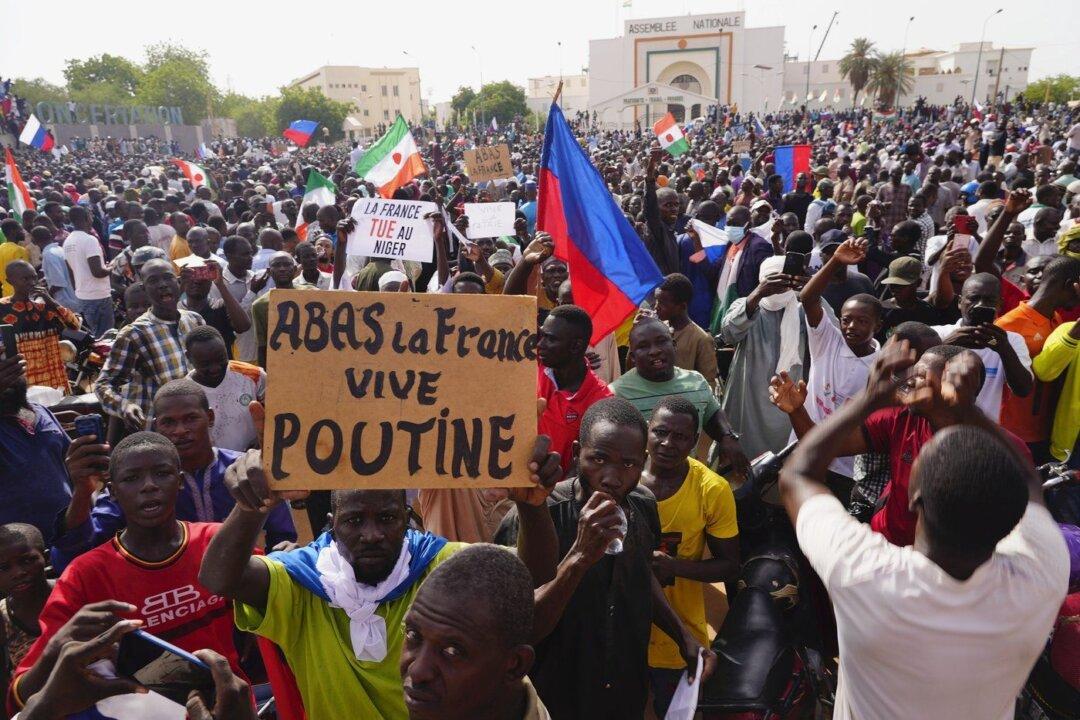Russia has reiterated calls for a diplomatic solution to the political crisis in Niger, where the West African country’s democratically elected, pro-Western leader was ousted last month in a military coup.
“We support mediation efforts by the African community to help Nigeriens find a solution to the current crisis,” Alexey Zaitsev, a spokesman for the Russian Foreign Ministry, said on Aug. 9.





